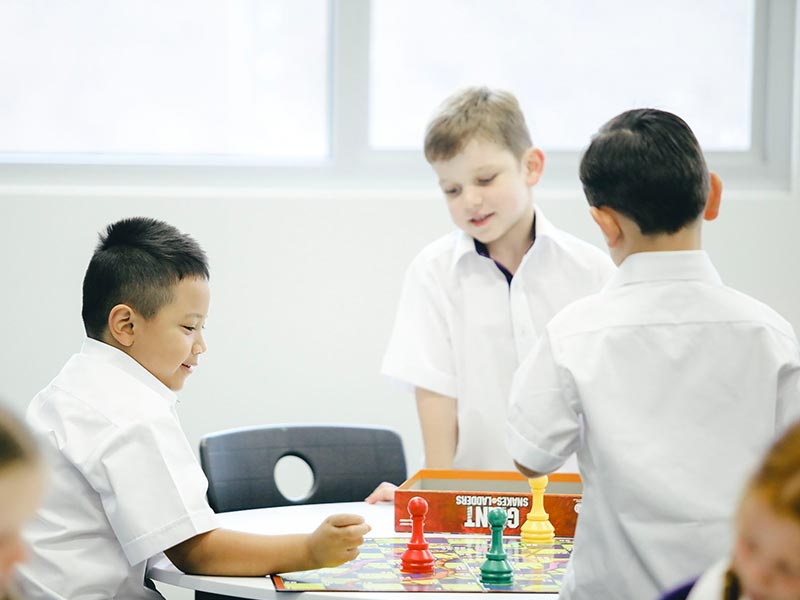At Holy Trinity Catholic Primary our focus is co-creating an environment and conditions where the children attending Holy Trinity can flourish. Ensuring the wellbeing of our children and teaching our children to be adaptable is very much a part of our school vision and gives us a clear direction in creating our school culture.
At Holy Trinity we aim to support our children to manage themselves as individuals and in relation to others, to understand the world in which they live and to act effectively in that world. Holy Trinity is committed to the development of the whole person; spiritually, socially, intellectually, emotionally and physically to enable each child to reach his/her true potential. This philosophy is embedded in all aspects of the curriculum and in specific programs designed to promote wellbeing.
In our positive school community every face has a place, every voice is valued and everyone has something to contribute. Our positive school community creates opportunities for all our students, families and staff to feel included and to belong to such a vibrant and dynamic place.

We truly believe that we want our children to be the best for the world not in the world
Positive Behaviour for Learning (PBL)
Positive Behaviour for Learning (PBL) is a framework that helps schools to plan and implement practices across the whole school in order to improve educational and behavioural outcomes for all children, staff and families..
The PBL framework is founded on a positive approach to whole school well being, with targeted approaches for children with higher levels of need.
As a school community, Holy Trinity has 3 core values of being SAFE, INCLUSIVE and RESPECTFUL that we all work towards instilling in everyone at Holy Trinity. Under the ‘umbrella’ of our three values are our thirty Expected Behaviours that are explicitly taught across all grade levels, through classroom activities and approaches including Circle Time.
Introducing modelling and reinforcing positive social behaviour is an important component of a child’s educational experience. PBL works on the assumption that we cannot assume that children know how to behave. Children must be explicitly taught the behaviours we want them to demonstrate. Behaviours need to be taught, modelled, practised and rewarded.
